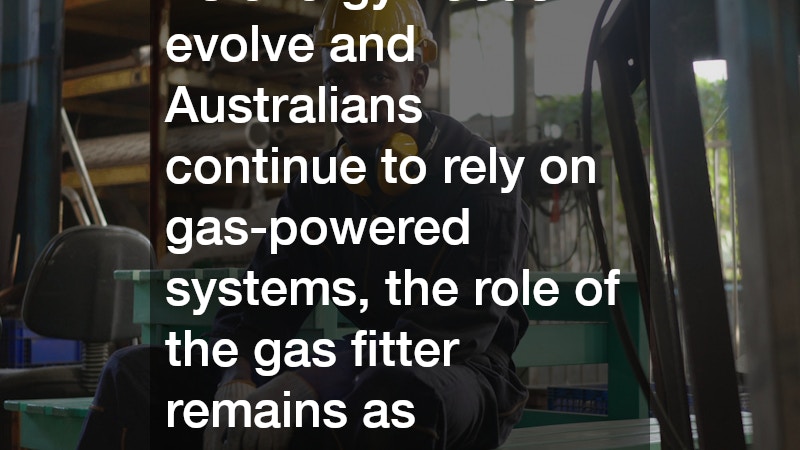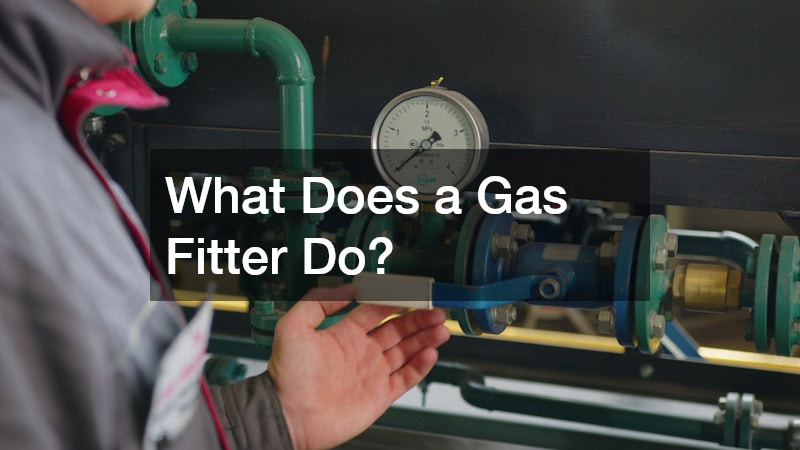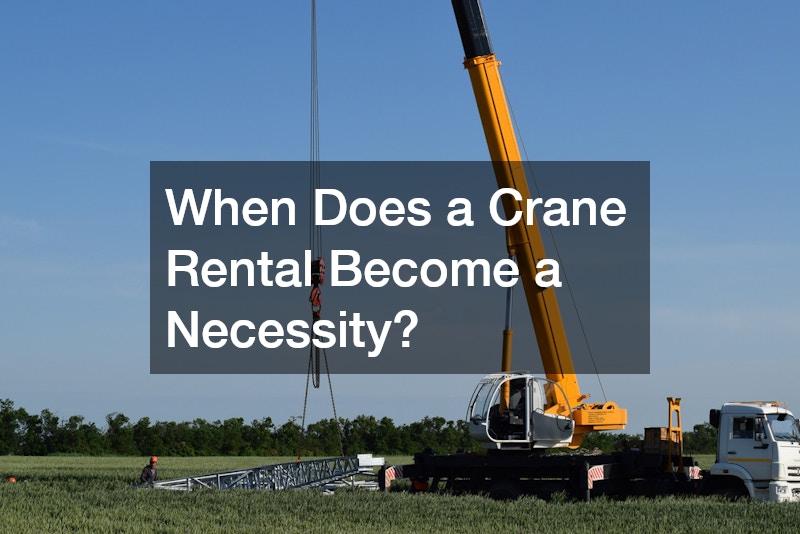In today’s world of modern conveniences and home upgrades, many Australians rely on gas-powered appliances for heating, cooking and hot water. Yet behind the seamless functionality of these systems lies the technical expertise of a trained professional: the gas fitter. Whether for residential, commercial or industrial needs, a gas fitter plays a crucial role in ensuring safety, efficiency and compliance in any gas-related installation or repair.
Understanding the Scope of a Gas Fitter’s Work
A gas fitter is a licensed tradesperson who installs, maintains and repairs gas systems and appliances. Their responsibilities go well beyond simply connecting a gas oven or servicing a hot water unit. They are trained to work with both natural gas and liquefied petroleum gas (LPG) systems and are responsible for tasks such as laying pipes, testing for leaks, installing gas meters and ensuring appliances operate within strict safety regulations.
A gas fitter is also responsible for interpreting technical diagrams and understanding the engineering requirements of each installation. They work closely with builders, engineers and homeowners to ensure that every gas component is correctly sized, installed in accordance with Australian Standards and positioned for optimal function and longevity. Their work can span across homes, restaurants, factories and even outdoor environments like caravan parks or camping sites that rely on LPG systems.
Safety & Compliance Are Paramount
Working with gas involves inherent risks, which is why gas fitters are highly trained in safety protocols. A small leak or improperly installed appliance can result in serious hazards, including fire or carbon monoxide poisoning. Gas fitters use specialised equipment to test systems for pressure and integrity, ensuring no dangerous leaks are present before signing off on a job.
In Australia, gas fitting work must comply with specific state and territory regulations. A gas fitter must hold a valid licence that proves their qualifications and legal authority to perform such tasks. Licensing ensures that gas systems meet both performance standards and safety codes, helping to protect not just the individual customer but also the broader community. Unlicensed gas fitting is not only illegal but also dangerous, often voiding appliance warranties and home insurance policies.
Installation & Servicing of Appliances
One of the most visible roles of a gas fitter is the installation of household appliances such as gas cooktops, ovens, hot water systems and heaters. These appliances need precise calibration and correct ventilation to function safely and efficiently. A gas fitter ensures that each unit is installed to the manufacturer specifications, connected to the correct supply and fitted with appropriate valves and regulators.
Servicing is another important responsibility. Over time, gas appliances can wear out or become clogged, affecting performance or creating safety issues. Regular maintenance by a licensed gas fitter helps extend the life of these systems, improve energy efficiency and identify early signs of wear or potential leaks. Many manufacturers recommend yearly servicing to maintain warranty coverage and a qualified gas fitter is the only professional authorised to perform such checks.
Handling Emergencies & Repairs
In addition to installation and servicing, gas fitters are often called upon to manage emergencies. Whether it’s a suspected leak, a pilot light that won’t ignite or an appliance that is emitting an unusual odour, the gas fitter’s expertise is essential in diagnosing and resolving issues quickly. They use leak detection tools and pressure gauges to isolate problems, make repairs and restore systems to safe operating condition.
During renovations or when upgrading appliances, a gas fitter may also be required to decommission old systems or cap unused lines. This ensures that there are no dormant risks within the property. They may also be involved in converting appliances from one type of gas to another, such as switching from LPG to natural gas where infrastructure allows.
The Importance of Hiring a Professional Gas Fitter
Many homeowners are tempted to cut corners by hiring general handymen or attempting DIY work when it comes to gas appliances. However, without the proper licensing, such actions are both illegal and dangerous. A licensed gas fitter has undergone rigorous training and assessment to ensure they understand the complexities of gas pressure, combustion, ventilation and appliance compatibility.
Hiring a professional gas fitter gives property owners peace of mind, knowing the work is guaranteed to meet both legal and performance standards. Their services may cost more initially, but the long-term benefits of safety, efficiency and compliance far outweigh the risks of unqualified work.
Essential to Modern Living
Gas fitters are an indispensable part of Australia’s building and maintenance landscape. From the seamless operation of a home’s heating system to the bustling kitchen of a commercial restaurant, their behind-the-scenes expertise ensures that gas systems operate safely and effectively. Their role requires not only technical skill but also a deep commitment to public safety and regulatory compliance.
Whether you’re building a new home, upgrading an existing appliance or facing an emergency gas issue, a qualified gas fitter is the only professional equipped to handle the job. Their contribution to modern comfort and safety should never be underestimated. As energy needs evolve and Australians continue to rely on gas-powered systems, the role of the gas fitter remains as important as ever.
.



